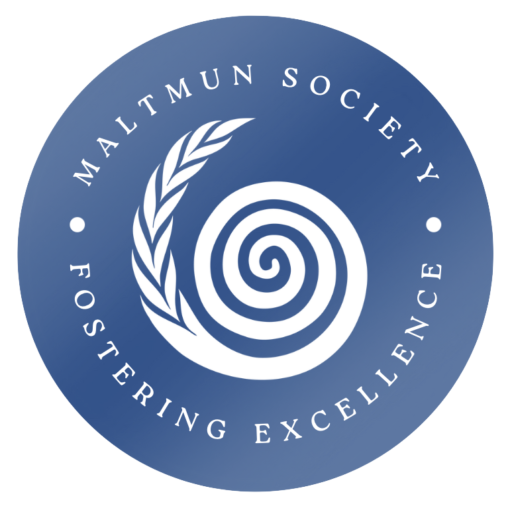About the Theme
The theme for the sixth edition of MaltMUN follows the title of “Remedy or Recovery? Unmasking the Silent Pandemics”. The COVID-19 pandemic has brought about an unexpected and overwhelming impact on the lives of youths around the world. On the one hand, it has served to highlight certain issues which the global community was suddenly forced to take cognisance of and to try to find innovative solutions for. It exposed the level of interdependence between States and the importance of cooperation on an international level in a globalised world. On the other hand however, it has also forced many important issues into the shadows, leaving them to be dealt with by today’s youths in the future. These will undoubtedly have a marked impact on their livelihood and general well being. Environmental issues, gender equality, peace, and security are all important issues which youths have been struggling with for decades.
The theme revolving around the Conference provides a platform for delegates to analyse and debate on several areas of foreign policy. This is done with regards to not only the current disaster gripping the world through the COVID-19 Pandemic, but also by remembering and approaching those grave “pandemics” which have been going on for decades and are still affecting us today!

Conference Committees
United Nations Women

Topic A – Access to Contraception: A Woman’s Right to Health Care?
Few technological innovations have changed the face of one of the most basic facets of humanity as those provided by the sexual revolution. To this end, should the modern legal rights regime come to integrate access to contraception as a fundamental right of female health?
Topic B – Female Genital Mutilation: A Limit on Tradition?
In most contemporary societies, one can sense the contention between the forces of globalized modernity and that of tradition with the two different ethical priories of each side clashing on a number of topics. FGM, or Female genital mutilation, is one such aspect that has cause a lot of uproar on whether it is a gross breach of Human Rights or an imposition of Western ethnics on certain cultures.
United Nations Security Council (UNSC)

Topic A – Bio Terrorism: Bullets or Bacteria?
The stereotypical terrorist conjured up in public imagination is always a gun-toting character armed to the teeth with explosives. As terrifying as such an opponent would be, could he be outdone by a colleague armed with a simple petri dish? Bio-terrorism is a relatively modern front in the War Against Terror and unfortunately one that we may be woefully unprepared to face. The international community must endeavour to create a framework ready to counter such a threat, ideally before it is too late.
Topic B – Mind the Gap: Civilian Transport and International Terrorism
One of the main difficulties that faces any modern security apparatus is the fact that any domestic appliance can be warped towards the agenda of nefarious agents. As the all too recent past has shown, your average vehicle is not exempt from this. How can states come to face an enemy willing to use the very thing modern transport relies on as a tool towards mass destruction?
United Nations High Commissioner for Refugees (UNHCR)

Topic A – Sorry We`re Closed: Border Control and Covid-19
With the sheer scale of globalized society in mind, the COVID-19 Pandemic had put more pressure on border control than at any other time in human history. This being said, some have been accused of not letting a crisis go to waste and of using the pandemic as another tool in rigid border control. How can modern states balance the needs of their sovereignty with their duties towards the protection of Human Rights?
Topic B – Protecting Powers: The Role of Third Party States in Refugee Crises
Refugee Crises are tragedies that have ramifications far beyond their own borders. With most refugees loosing almost all recourses towards protecting themselves, being driven from their homes, families and even basic livelihoods, how should the legal regime of duties towards the most helpless operate? What role do neighbour states, countries that are normally the first destination for fleeing refugee caravans, have in this system?
